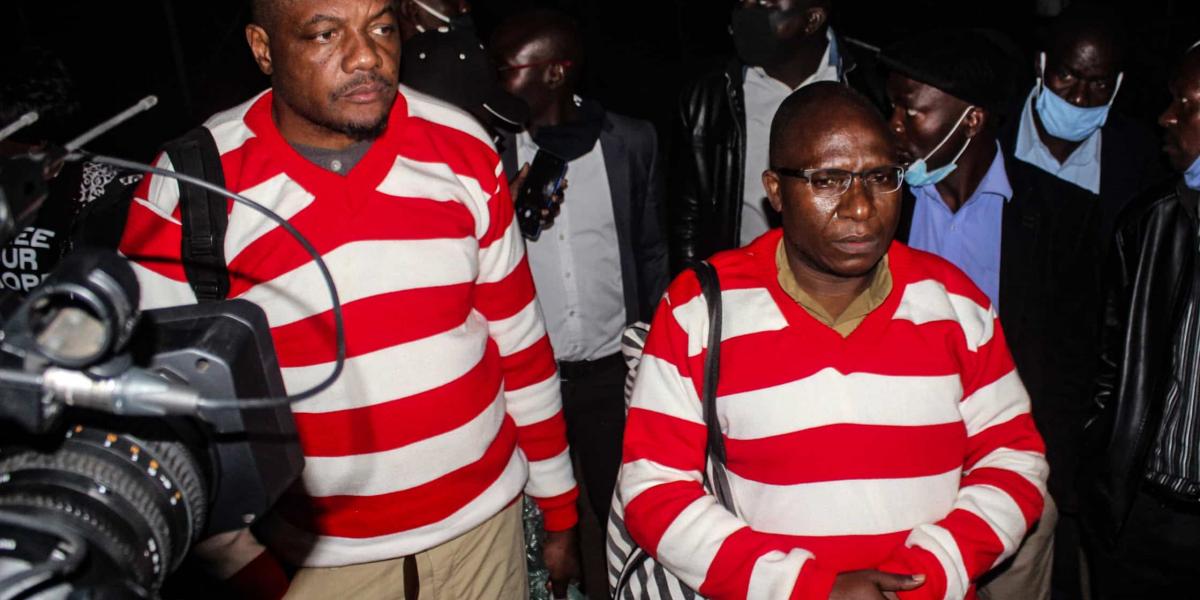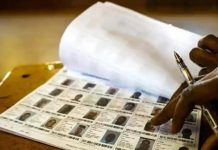Prominent Zimbabwean journalist Hopewell Chin’ono was imprisoned this summer for what the government said was “inciting violence” ahead of planned anti-government protests.
Chino’ono’s arrest came on the heels of him publishing work on government corruption related to the procurement of COVID-19 supplies. Chino’ono’s reporting led to the firing of the country’s health minister and implicated the president’s son.
Chin’ono was investigating a fund that was intended to buy PPE during the pandemic. He found that the Dubai-based company tied to the money didn’t exist and that $2 million in U.S. dollars had been wired to Hungary, he says.
The head of the fraudulent company was the son of President Emmerson Mnangagwa, but Mnangagwa claimed he wasn’t involved.
Get up to speed on the local coronavirus outbreak, Election 2020 and other news Boston is talking about. Add our daily newsletter to your morning routine. Sign up now.
“The president’s party then wheeled out its spokesperson, who then called me unscrupulous, he called me all sorts of names and asked me to stop or else,” Chin’ono says. “And the ‘or else’ part was later fulfilled when I was arrested.”
On July 20, men with AK-47s showed up at his house to arrest him, he says. The men couldn’t meet his request for a warrant and refused to wait for his lawyer to come. They used the guns to break Chin’ono’s glass dining room door, walked in and arrested him, he says.
At one time, it was said that more people had been arrested by the government in Zimbabwe than had been tested for COVID-19. Nurses in the country are still on strike because they don’t have protective gear.
The government can be accused of neglecting the health of its people, but also using COVID-19 as a pretense to arrest journalists. Chin’ono says the arrests were an attempt to stop journalists from doing their work and end the protests.
The Zimbabwe constitution allows citizens to protest anything that’s important to their daily life, he says, but the government has made it difficult for people to exercise this right. The government said Chin’ono’s tweets could potentially incite violence and kept him in prison for 45 days, he says.
In prison, Chin’ono says he lived in a 16-person cell that housed 44 people for 17 hours per day with no running water. He says he witnessed people “lying on the ground writhing in pain” without any medication. And he saw one prisoner beaten so badly they couldn’t walk, all because they forgot to surrender a cellphone that didn’t work.
Before his arrest, Chin’ono had heard about these severe beatings. He says seeing it for himself was “fascinating” from a journalist’s perspective — but “depressing” from a human perspective.






